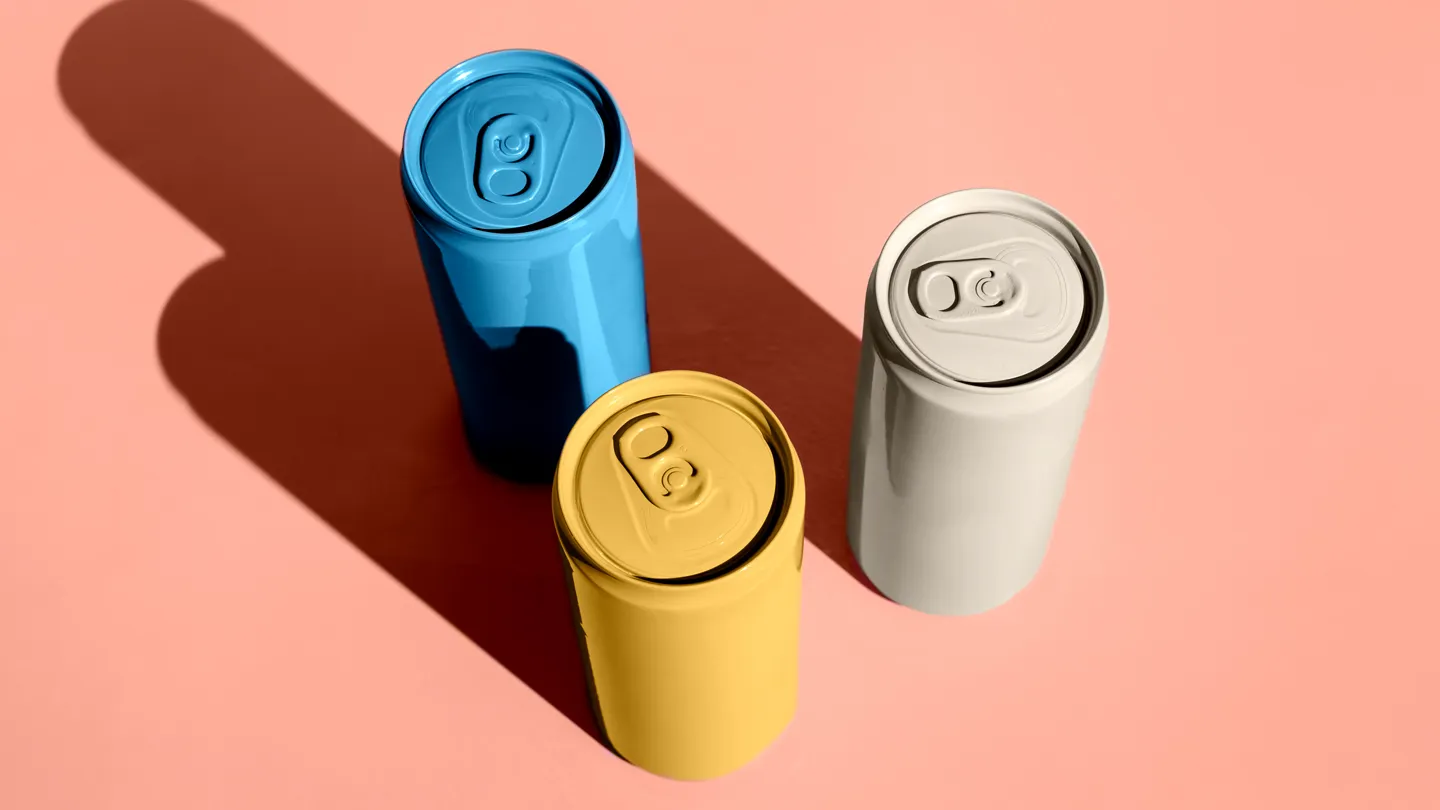Plant-based energy drinks have grown in popularity as a healthier alternative to traditional energy boosters. They often contain natural caffeine sources, essential nutrients, and fewer artificial additives. These drinks provide a cleaner, more sustainable way to increase energy without many of the harsh side effects associated with conventional energy drinks.
Many of these beverages deliver sustained energy and improved focus due to slow-release caffeine and added vitamins. Their plant-based ingredients also appeal to those seeking eco-friendly options without compromising on performance. However, not all products are created equal, so consumers should carefully read labels to avoid unwanted additives and ask, are plant based energy drinks healthy for long-term use?
As people become more health-conscious, plant-based energy drinks offer an option that aligns with those values. They combine the benefits of natural ingredients with practical energy support, making them a viable choice for those looking to boost energy responsibly.
Examining the Health Impact of Plant Based Energy Drinks
Plant-based energy drinks vary widely in ingredients and nutritional content, influencing their health effects. Their benefits, risks, and comparison with traditional energy drinks depend largely on formulation, including caffeine source, sugars, and added nutrients.
Nutritional Profile and Common Ingredients
These drinks typically use natural caffeine sources like green tea or guarana instead of synthetic caffeine. Common ingredients include plant extracts, vitamins (B-complex), antioxidants, and natural sweeteners such as stevia or fruit juice.
They often contain no or low added sugars and provide additional nutrients like amino acids or electrolytes. However, nutrient levels vary significantly by brand, influencing both energy delivery and overall health impact.
Potential Health Benefits
Plant-based energy drinks may offer sustained energy release with fewer jitters or crashes compared to synthetic caffeine drinks. The presence of antioxidants and vitamins can support metabolic functions and reduce oxidative stress.
They often have fewer artificial additives and lower calorie content. These factors can make them suitable for consumers prioritizing natural ingredients and balanced energy, although long-term studies on health outcomes remain limited.
Risks and Side Effects
Despite natural ingredients, caffeine-related risks remain, such as increased heart rate, anxiety, and sleep disruption, if consumed excessively. Some plant extracts may cause allergic reactions or interact with medications.
Products may also contain variable amounts of sugar or additives, which can impact metabolic health if consumed in excess. Consumers should monitor intake and consider individual sensitivities or existing health conditions.
Comparisons With Traditional Energy Drinks
Compared to traditional energy drinks, plant-based options generally have lower artificial additives and synthetic caffeine. They tend to offer better nutritional profiles with added vitamins and antioxidants.
Traditional drinks often have higher sugar content and synthetic stimulants, linked to increased adverse effects. Plant-based drinks could be a healthier alternative but still require moderation due to their caffeine content and possible ingredient sensitivities.
Considerations for Safe Consumption
Plant-based energy drinks offer benefits but require mindful consumption. Factors like dosage, individual health conditions, and medication interactions play major roles in safety.
Recommended Dosage and Usage
Most experts recommend limiting caffeine intake from energy drinks to no more than 200-300 mg per day. For plant-based energy drinks, caffeine content varies depending on ingredients like yerba mate or guarana, so users should check labels carefully.
Occasional consumption is advised rather than daily use. Excessive intake can cause side effects such as increased heart rate, nervousness, and sleep disturbances. People should avoid combining energy drinks with alcohol or other stimulants.
Hydration is important; energy drinks should not replace water. Drinking them alongside a balanced diet helps prevent potential negative effects related to sugar and additives.
Suitability for Different Health Conditions
People with hypertension, heart problems, or anxiety disorders should avoid energy drinks due to their stimulant effects. Plant-based options may be gentler but still contain caffeine and other active compounds that can exacerbate symptoms.
Children, pregnant or breastfeeding women, and individuals sensitive to caffeine should also limit or avoid consumption. The nutritional content of plant-based drinks might vary, so particular caution is needed for those with allergies or food intolerances.
Consulting a healthcare provider before regular use is crucial for anyone with underlying health conditions, as energy drinks may interfere with cardiovascular or nervous system health.
Interactions With Medications
Energy drinks can interact negatively with certain medications, especially stimulants, blood pressure drugs, and anticoagulants. Caffeine and other herbal ingredients in plant-based beverages can alter drug metabolism, either increasing side effects or reducing effectiveness.
Patients on antidepressants, antipsychotics, or thyroid medications should be particularly cautious. Some plant compounds may affect liver enzymes responsible for processing these drugs.
Medical advice is recommended before combining energy drinks with any prescription or over-the-counter medications to avoid harmful interactions.
